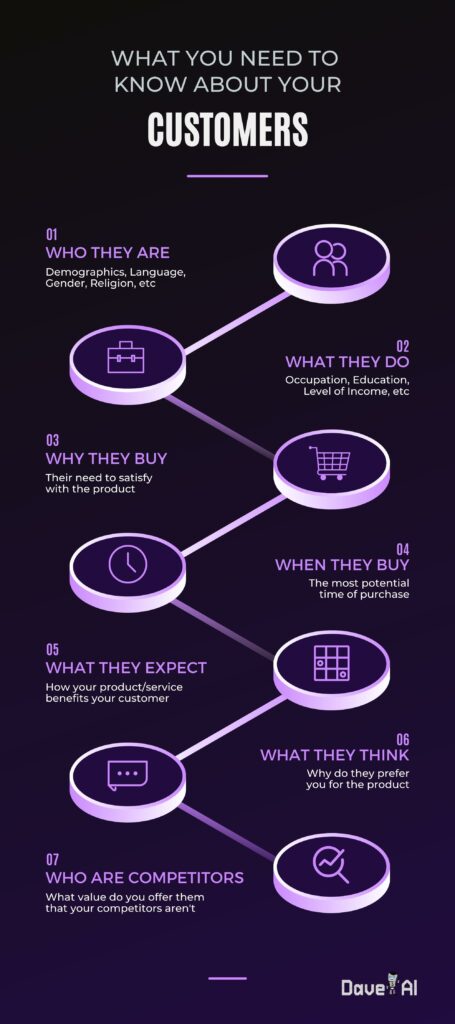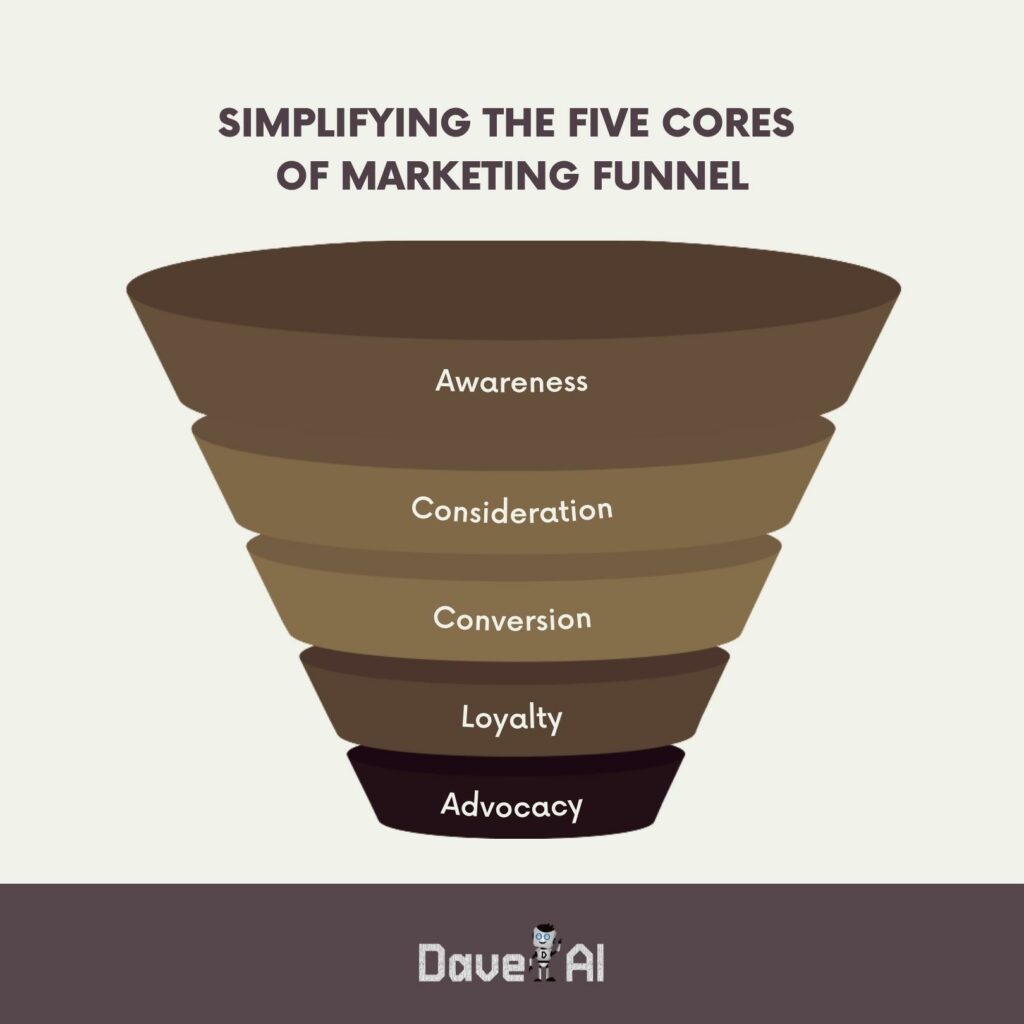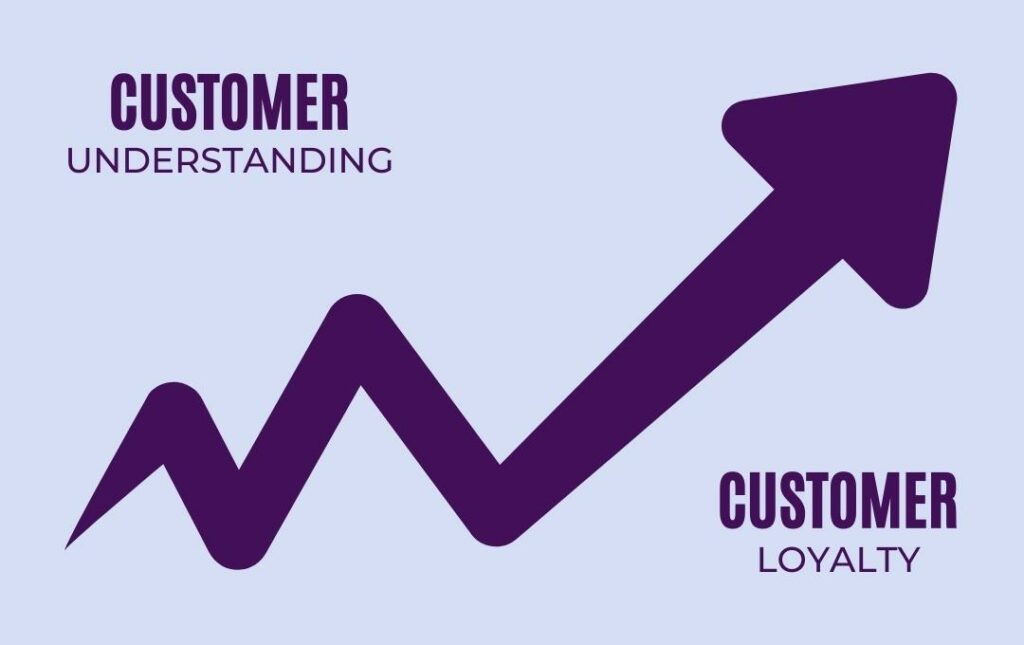Project Management
The Importance of Understanding Customer Needs
- Surya Vamsi
- March 4, 2022

Understanding customer needs is one of the major factors deciding the future of any business. Successful businesses often invest both time and resources in gathering and analyzing valuable insights from the customer which help them understand what they are expecting. Customers’ tastes, preferences, what they need and what they don’t helps businesses not only innovate the product to make it suitable for their customers, but also come up with innovative approaches to provide to a larger customer base.

The Disharmony
While the majority of brands and companies believe they are offering customers tailored solutions dependent on their needs, this is far from reality. In a survey by Bian and Company involving the customers of 362 companies, only 8% of the them responded saying they had a superior tailored experience with the brands. On surveying the same companies about their customer understanding, a whopping 80% responded saying they offered a personalized experience tailored to their customer needs. A disparity so wide will not only skew the analysis of their initiatives by brands, but also result in a complete disharmony between what the brands provide and what the customer actually desires.
“Customer service means making it easy and fast for your customers to get the help they need―when and how they need it.”―Steve Benson, Founder & CEO, Badger Maps.
A big “WHY”
Following are a few main reasons as to why knowing your customer is important to deliver a superior customer experience –
The Sales Funnel
A customer goes through a journey right from being a prospect to a loyal customer. This journey of the customer, also called the sales funnel, is highly dependent on the brands efforts to push the qualified customers to the next stage.

Every stage the customer passes through this funnel, the brands need to employ a different and tailored strategy to level him/her up through the next phase. Brands that fail to engage the customer throughout the sales funnel often lose them post one purchase or sometimes even without any purchase.
Be the Solution
Speaking from history, there can always be only one brand with the first-movers advantage. Every other brand dealing in similar product or service although walking down the same lane, lacks the advantage of being the first-mover. While superficially seeming like a disadvantage, brands that put in the efforts and resources to understand the customer needs have the best potential to overcome the major challenge faced in the market. In a play field with different competitors, there certainly exists one challenge that hasn’t yet been overcome by any brand. Analyzing this information allows the brand to provide a solution to this challenge, thereby gaining the loyalty of a huge customer base.
Loyalty comes from learning
Any brand or business grows only as much as its loyal customers. When a customer returns to a brand for a re-purchase, it’s not just because they want to spend money. The tailored and personalized customer experience they witnessed the first time makes them loyal to the brand, causing them to return repeatedly.

A paper by Neilsen stated that around 90% of the customers rely on suggestions of friends and family more than research in order to decide on their brand preferences. Furthermore, loyal customers are 5 times more likely to revisit the brand and are 4 times more likely to suggest it to their friends and family. With Word-of-Mouth marketing so huge, it’s important for brands to garner loyal customers for their success.
Learning is Earning
A study by Forrester concerning the economic value of customer experience revealed that companies that are CX minded outperformed their competitors by a tremendous margin of 80% when compared in terms of revenue.
The survival of any business is solely dependent on sales generated and revenue earned. Knowing your customer needs will help the business tailor their products more aligned with the customer preferences. Providing what they actually need would not only result in an increase in the number of customers willing to purchase, but also create a sense of personalized connection and loyalty with the brand.
From Business to a relation
While large businesses have a larger pool of data in this respect, smaller businesses have a slight advantage in engaging their audience thanks to their closer relationship and a smaller customer base. Engaging the customers through a personalized approach will create a sense of augmented customer experience, which in turn will help the brand. Large brands with their pools of data can help hyper-personalize the customer experience and establish a personal relationship with the customer that extends far beyond a transaction.
Personalizing the customer experience and understanding customer needs is one of the most tested and proven ways a business can survive the tests of time. As a famous quote goes-“Don’t find the customers for your product. Find product for your customers.”
